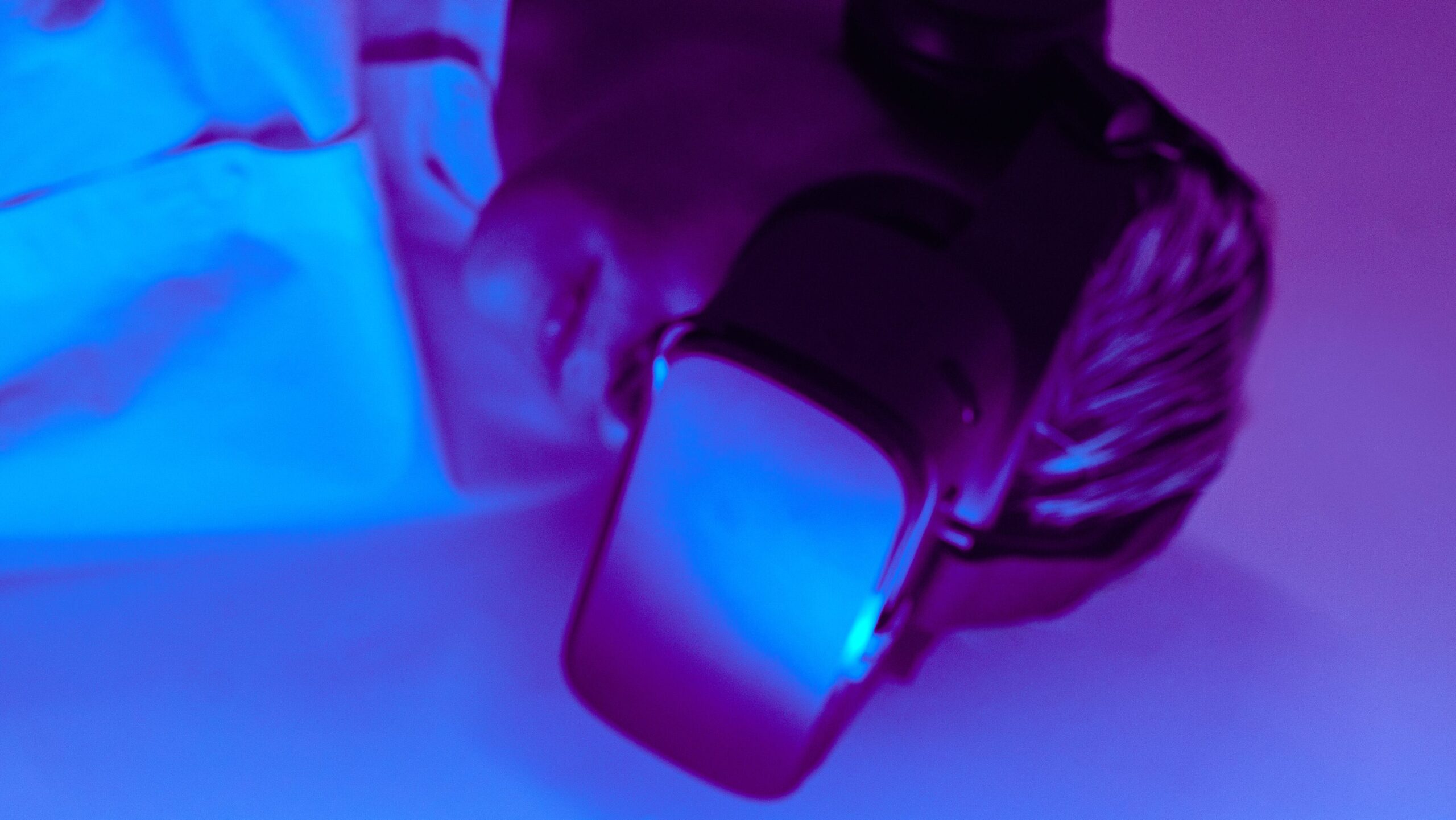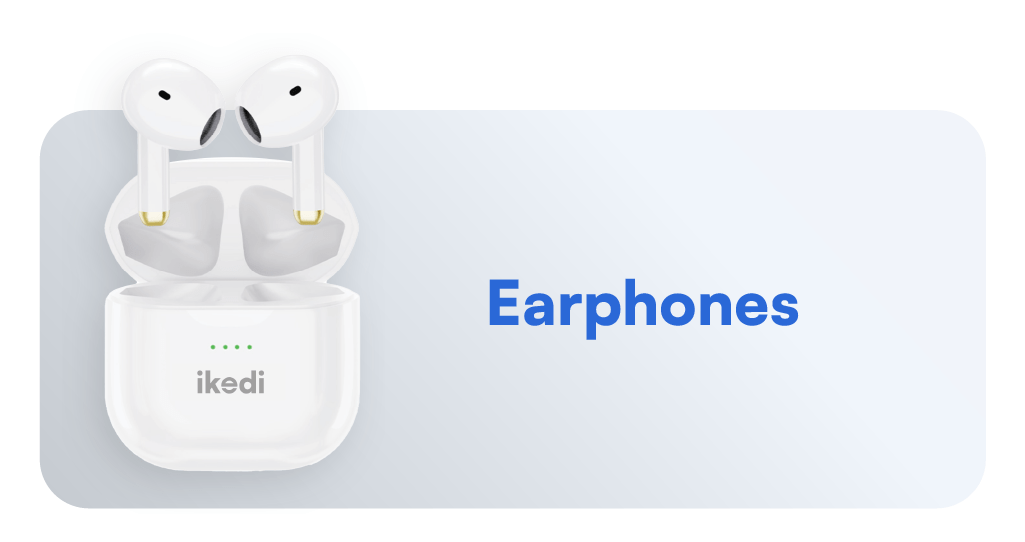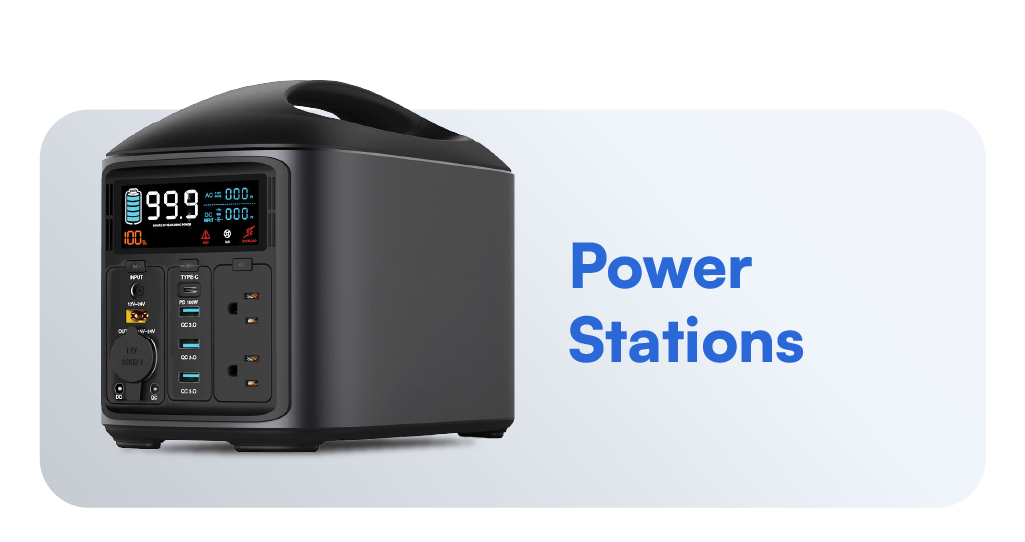
Ai and Smart Devices
Artificial Intelligence (AI) has been a game-changer in the world of technology, and it has been integrated into various devices to make them smarter. Smart devices are becoming more and more popular, and they are being used in homes, offices, and other places. The future of AI with smart devices is promising, and it is expected that AI will become even more compatible with smart devices in the future.
According to a recent article by Tech Xplore, Nesma Rezk, Ph.D. in Computer Science and Engineering, has been researching how to make sure that smart devices are compatible with the artificial intelligence needed to keep them functioning, without having to increase the hardware capacity. Rezk’s thesis is about implementing deep learning applications on embedded platforms, which is any type of computer system with a dedicated function, such as a smartwatch or an autonomous car. Deep learning is a type of artificial intelligence (AI) technique that teaches computers to learn by example. This technique is what makes it possible for a driverless car to recognize different traffic signs, and the technology can be found in everything from smart home gadgets to healthcare instruments.
AI is a tool. The choice about how it gets deployed is ours. Oren Etzion
Even though there are advanced hardware platforms offering powerful performance, the high demands of deep learning models for the hardware’s computational and memory resources still pose a challenge. If the hardware and models are not sufficiently compatible, this can limit the efficiency of the resulting implementations. Rezk believes that her research can be part of the link between deep learning and our daily life. “By realizing deep learning applications on embedded platforms and making this realization efficient, fast, and robust, we can integrate AI into every aspect of our daily lives,” she says.
The fusion of AI and the Internet of Things (IoT) is increasingly becoming more mainstream, as it continues to transform the fundamental ways in which we live our lives and process data. From wearable tech to smart industries, artificial intelligence and the Internet of Things are being combined to change how we interact with devices. In the future, AI will become even more compatible with smart devices, and we can expect to see more devices that are capable of learning and adapting to our needs.
In conclusion, the future of AI with smart devices is promising, and it is expected that AI will become even more compatible with smart devices in the future. With the help of deep learning and other AI techniques, smart devices will become even smarter, and they will be able to learn and adapt to our needs. As AI continues to evolve, we can expect to see more devices that are capable of learning and adapting to our needs, making our lives easier and more convenient.
Ai and Smart Devices
Interactive Push Notifications in Home Center
in Z-Wave Systems
Reel In The Best Wireless Headphones for 2020
Reel In The Best Wireless Headphones For
Voice Assistants 2020
Voice Control – How Name Your Smart Device
Interactive Push






Add comment